You already know what you eat matters.
But when you eat? That could be the game-changer.
From fuelling before training to recovering after, timing can transform your energy and performance.
Read on for a four-phase approach to help you reach the next level:
PRE-TRAINING FUEL
Think slow-release carbs plus some protein, like oats, eggs, or yoghurt with fruit. Eat 90 minutes before exercise to top up glycogen stores without feeling heavy.
DURING TRAINING OR MATCHES
For sessions over an hour, quick-access carbs like sports drinks, bananas and gels can help you keep your energy levels up.
POST-TRAINING RECOVERY
The '30-minute window' isn’t a myth. Combining protein with carbs helps you to replenish stores and repair muscles faster.
SLEEP AND MEAL TIMING
Under-eating at night can disrupt your sleep and your recovery. A small protein-rich snack before bed may help recovery overnight.
What do our athletes think about this, and how do they take it into their own training?
For Jos Buttler, it's about fuelling more intelligently.
"Getting that balance right around training and recovery makes a big difference," he said.
It’s not just what you eat - it’s how you fit it into your day that keeps you sharp."
James Collins, the former Arsenal nutritionist, adds:
"Meal timing helps optimise energy availability, reduces injury risk, and can improve sleep quality."
And here's another expert, Louise Sutton.
"Even hydration timing, like drinking steadily across the day instead of loading up, is crucial for performance," she says.
THE BOTTOM LINE
Food is fuel, but timing is strategy. Think of eating as part of your training schedule, not an afterthought.
The right fuel at the right time helps you train harder, recover faster, and perform better.







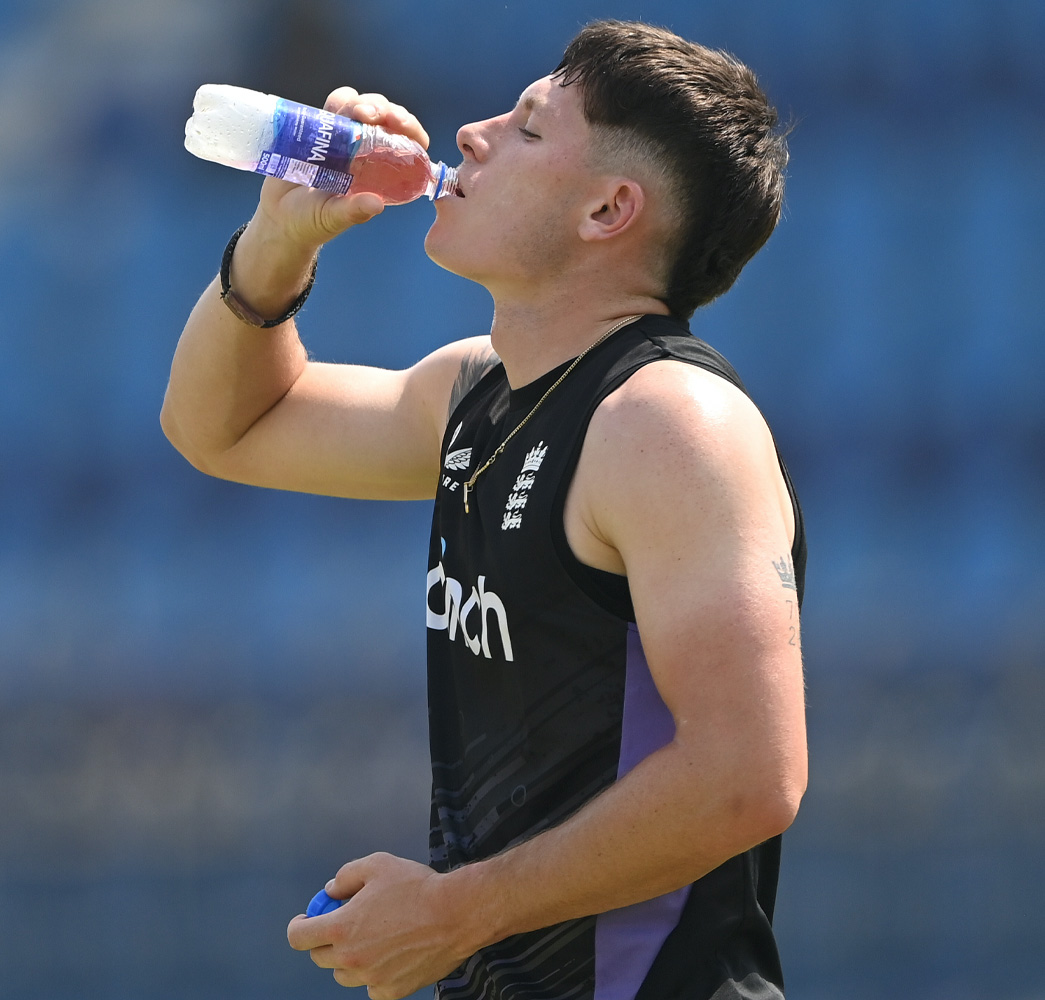
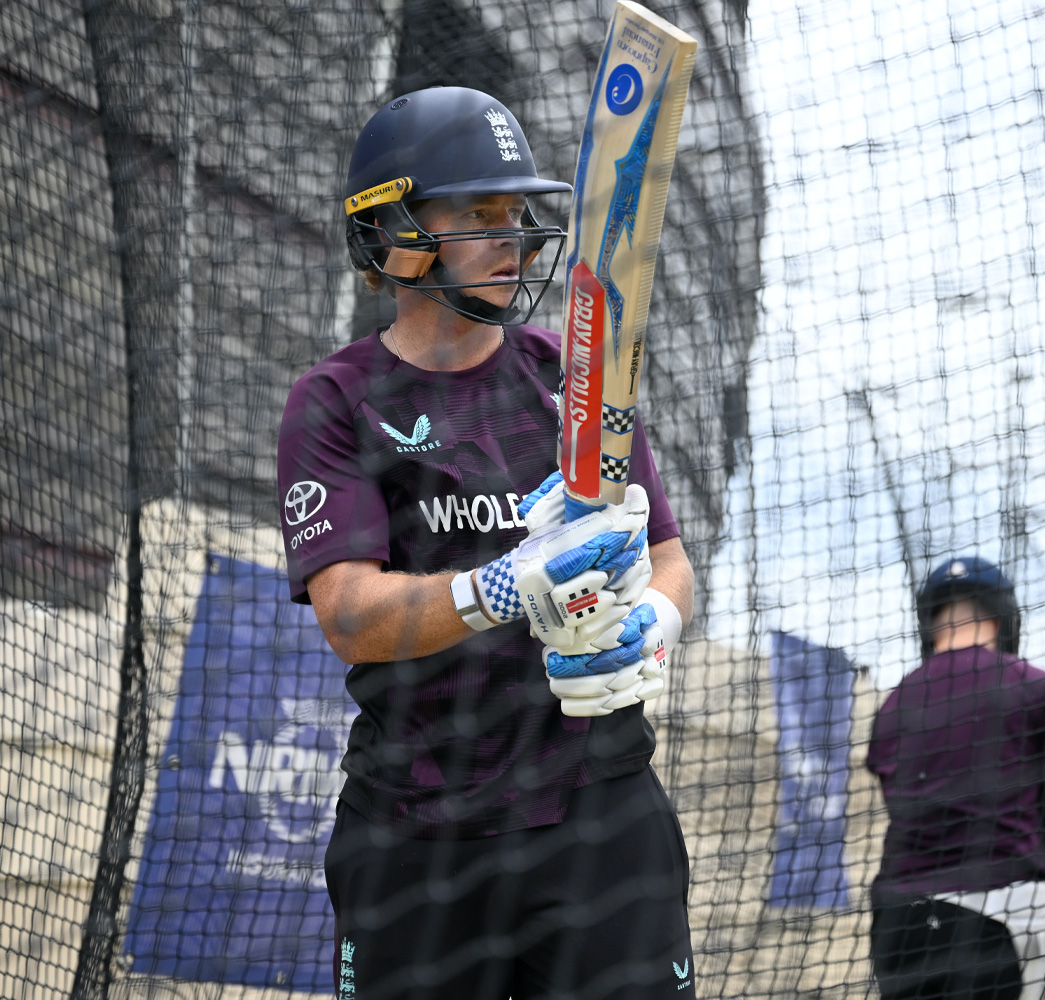
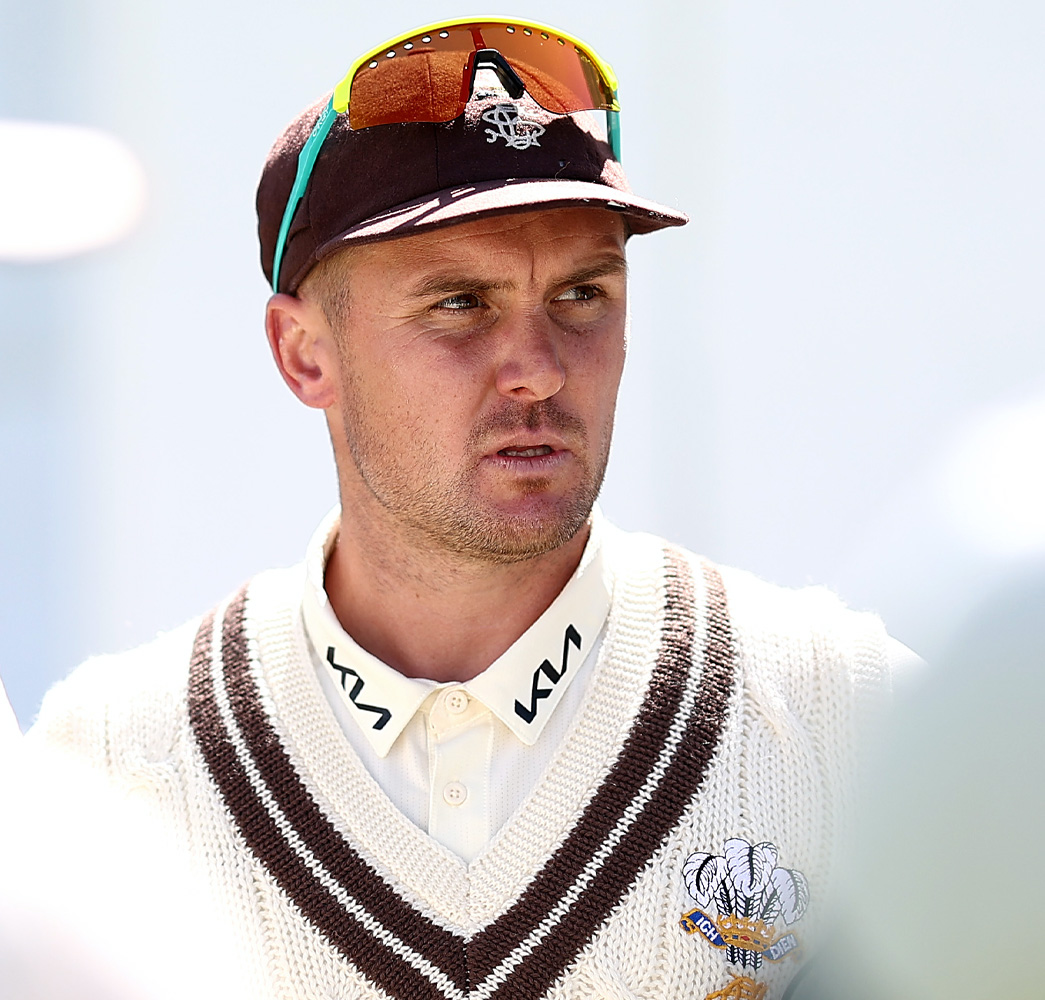

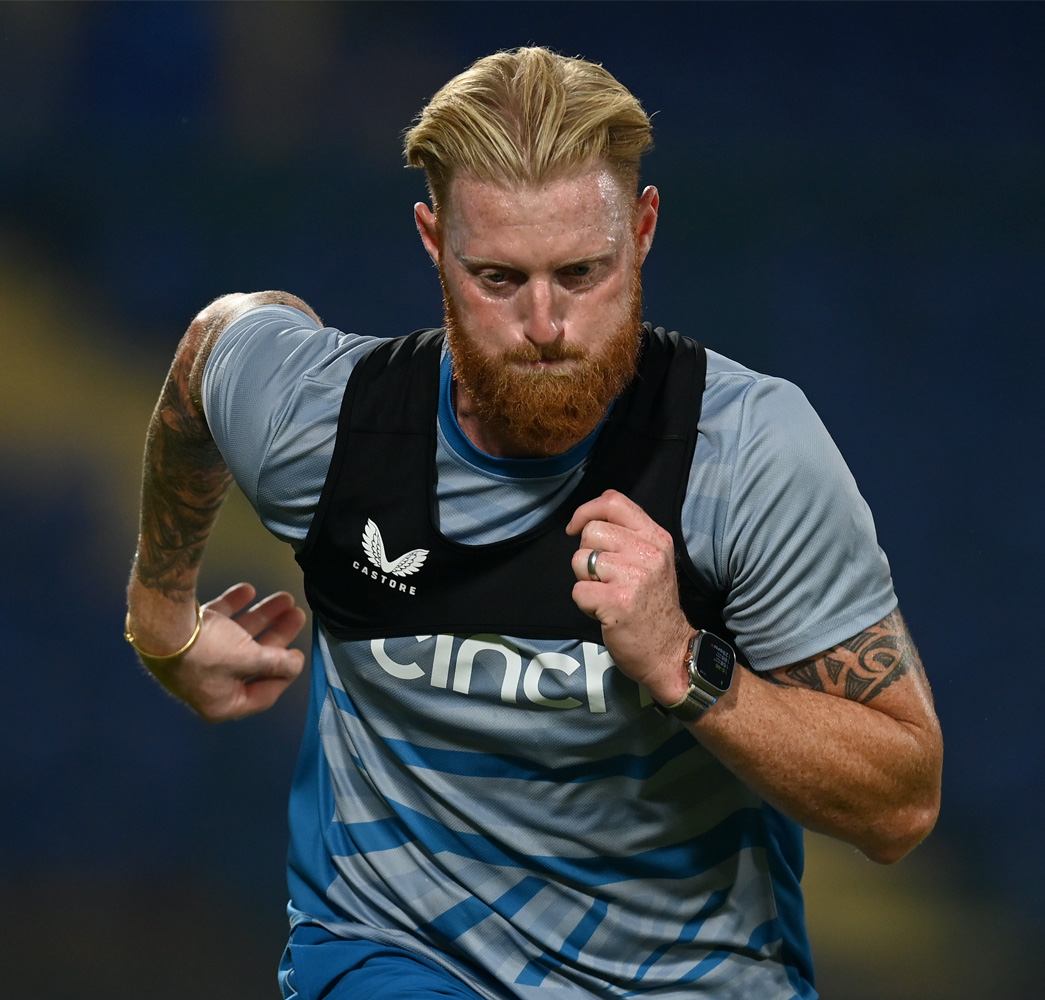
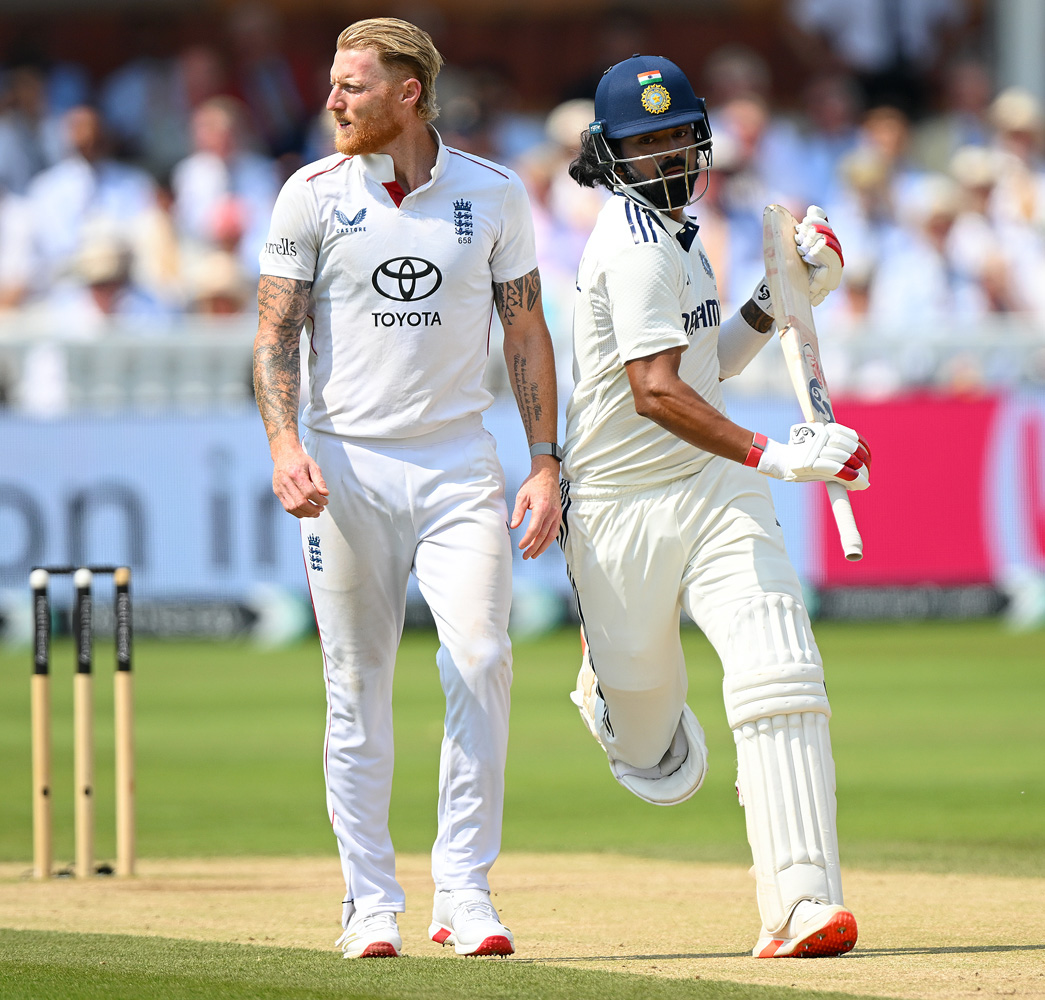
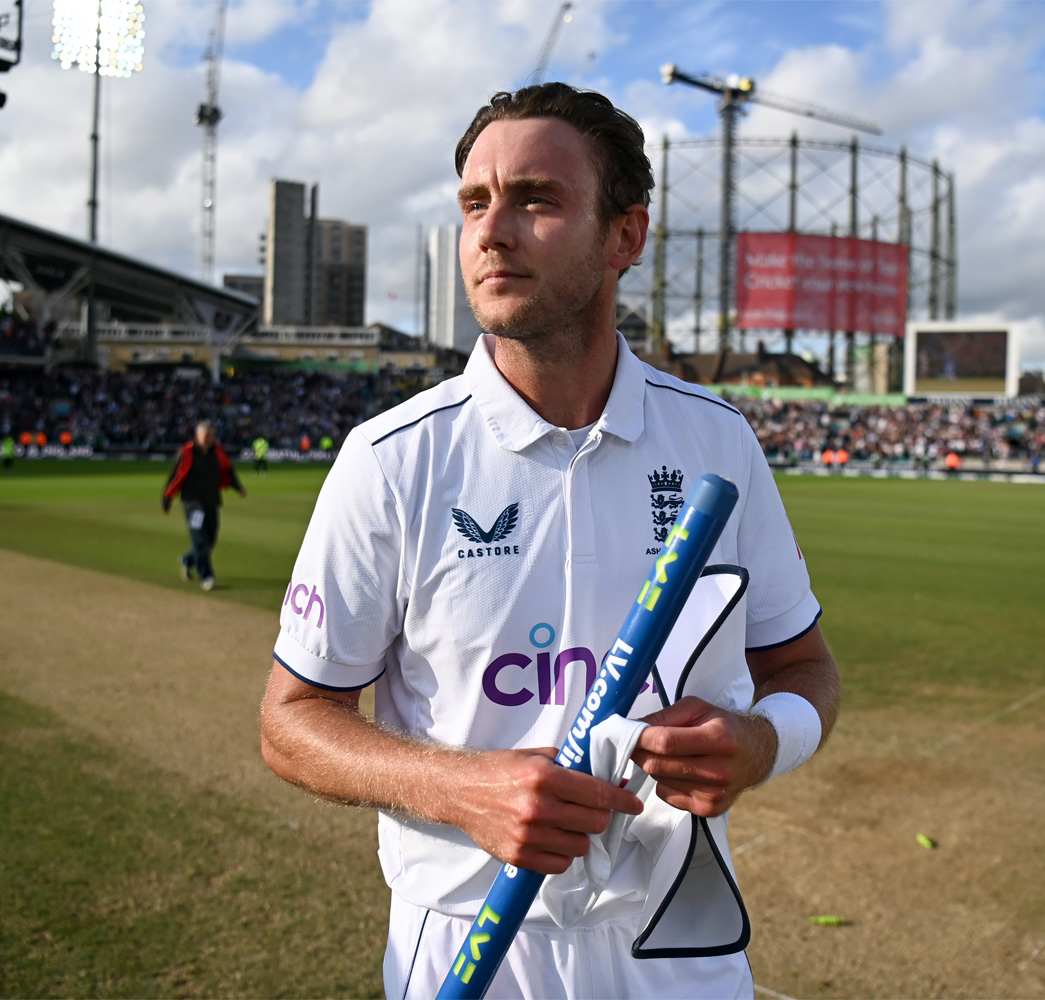

.png)







